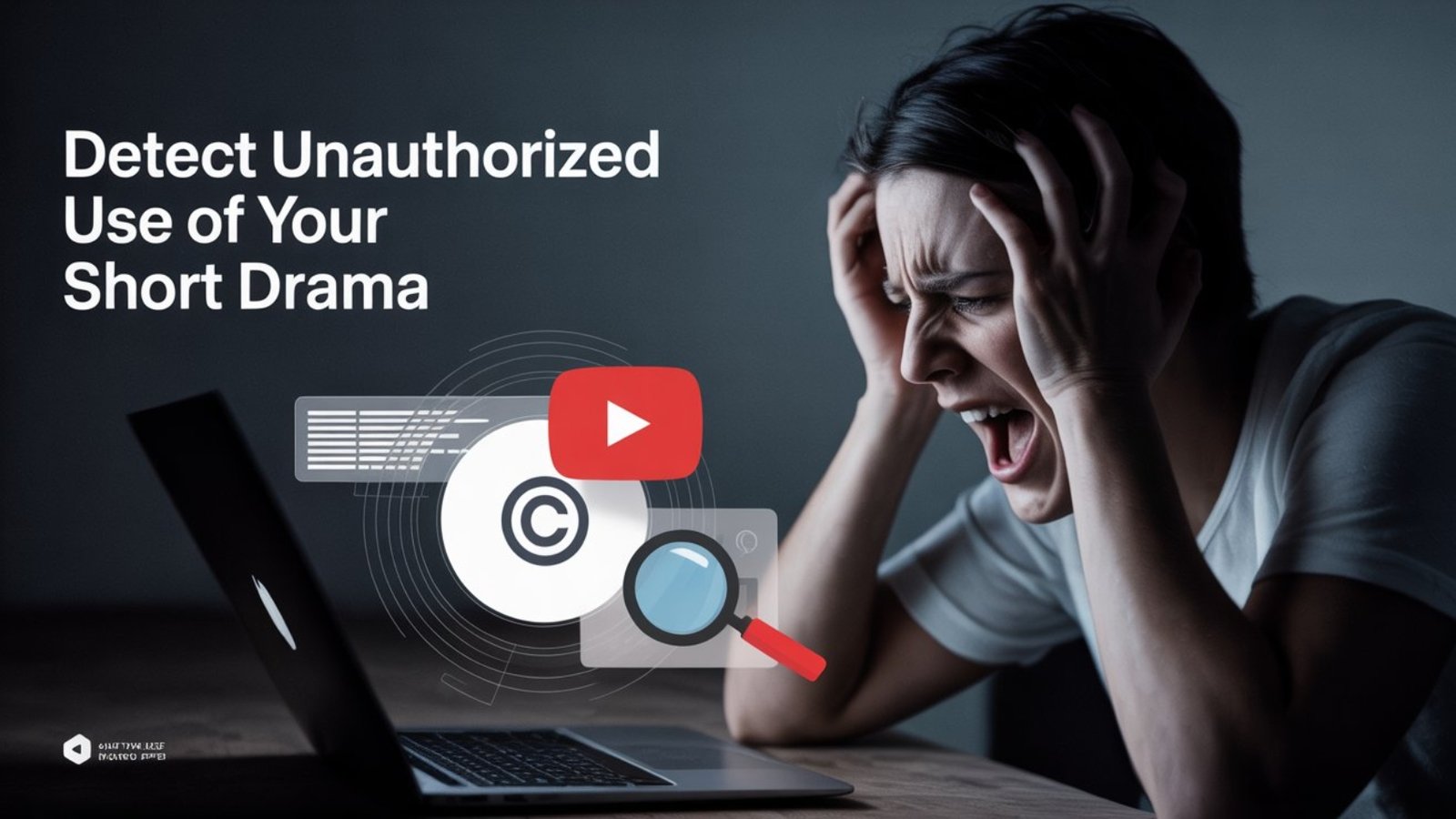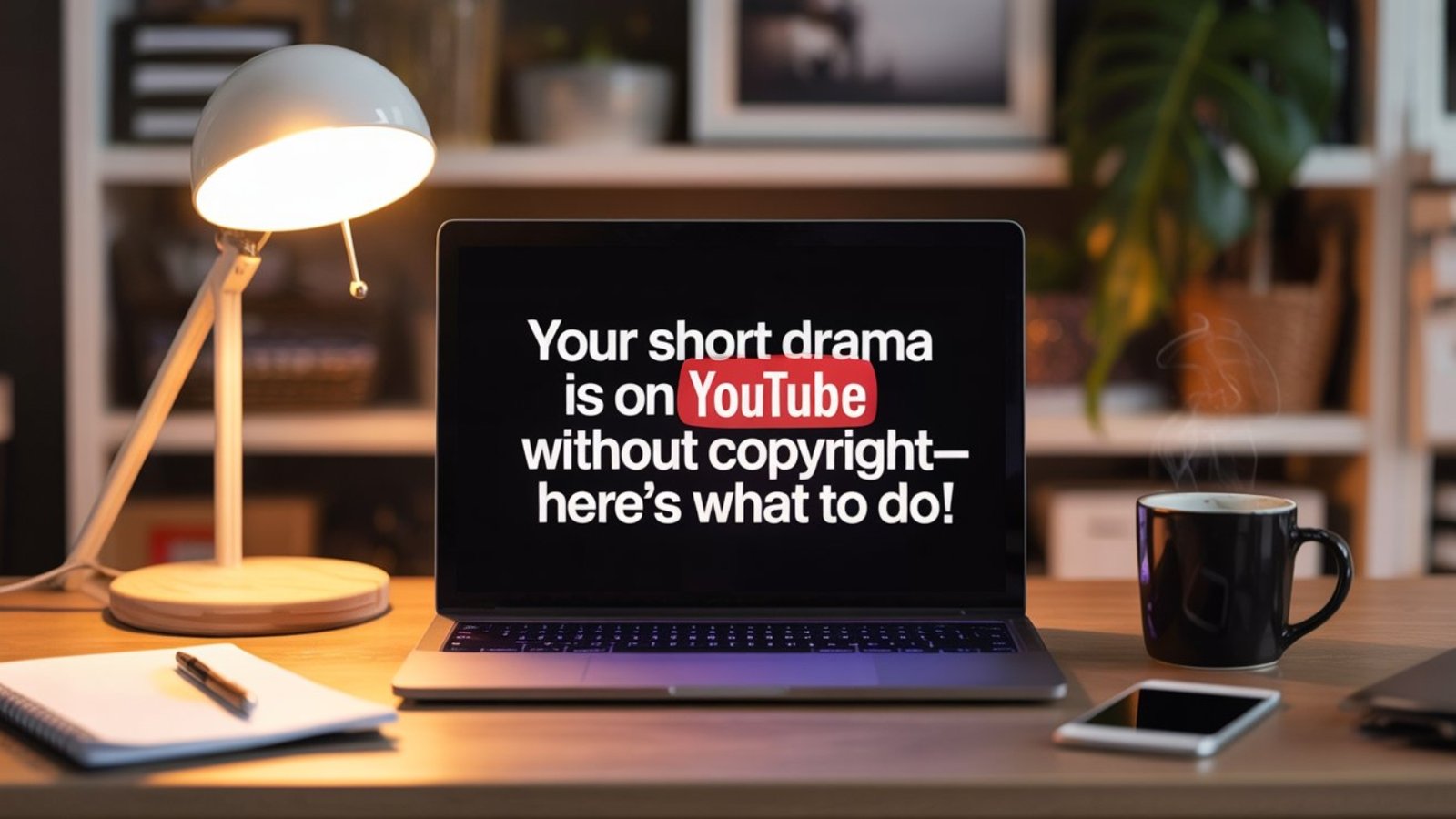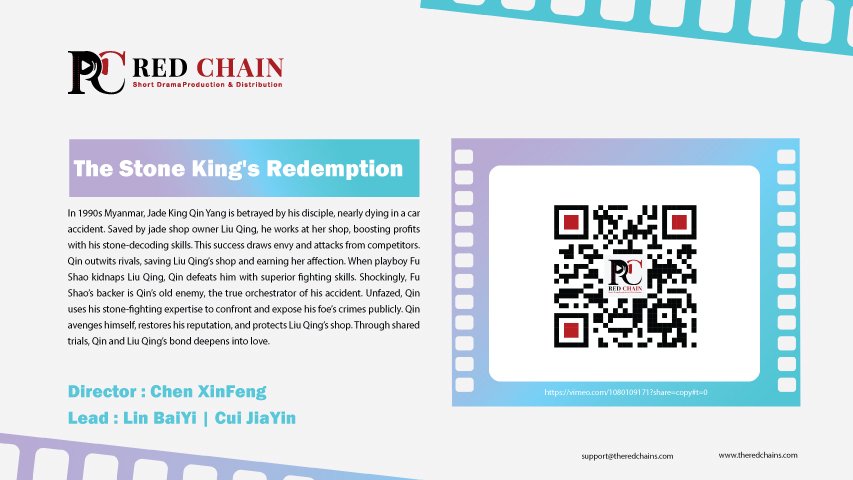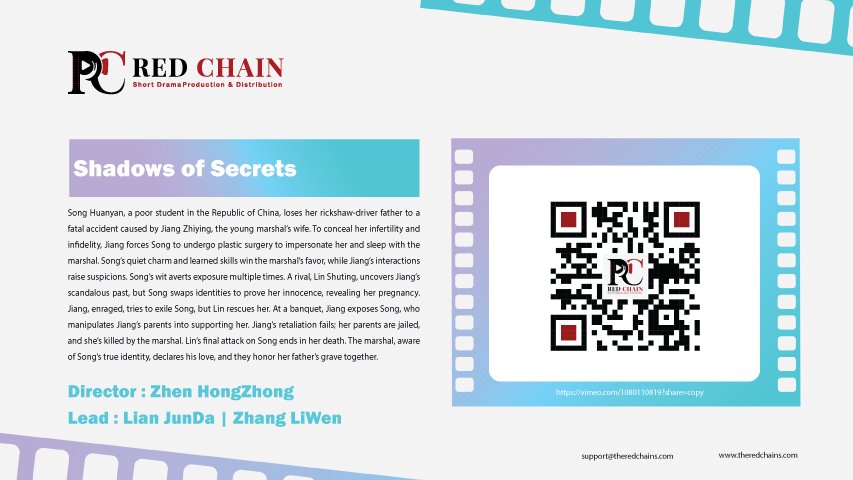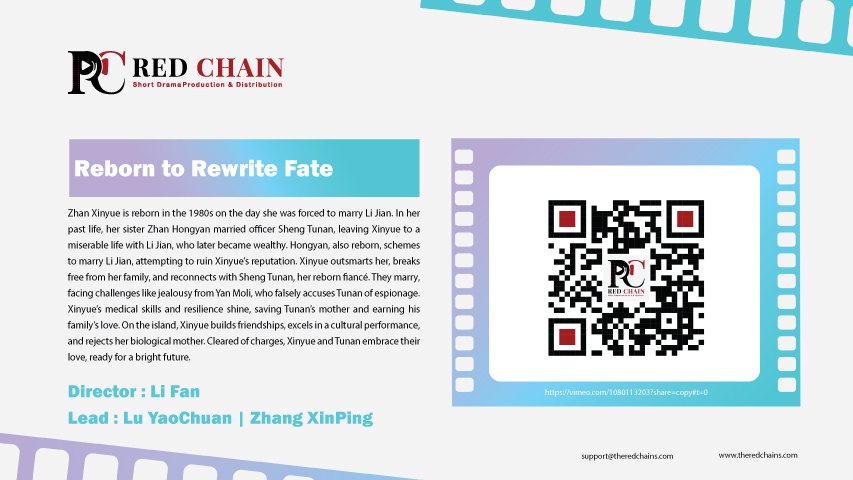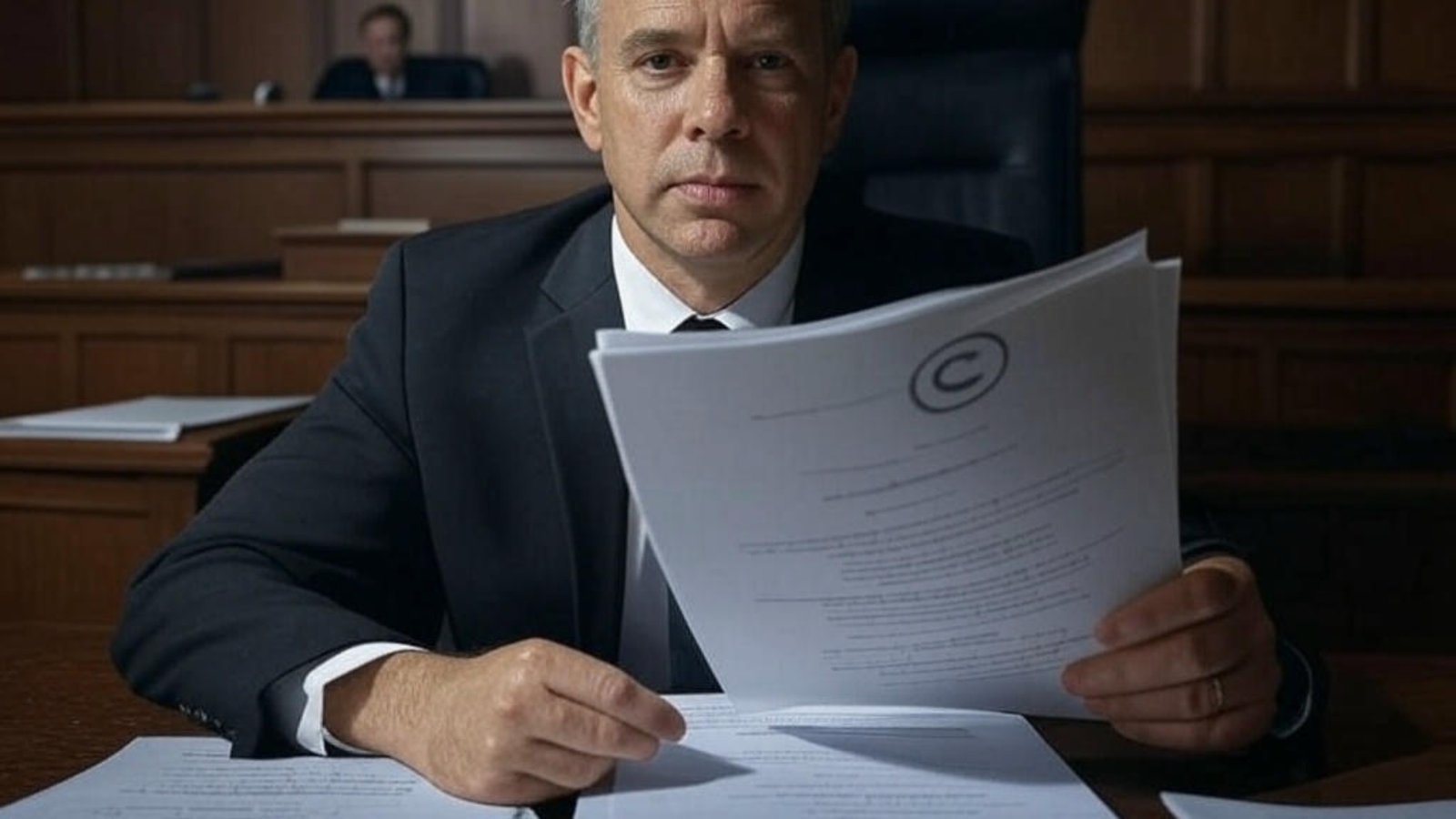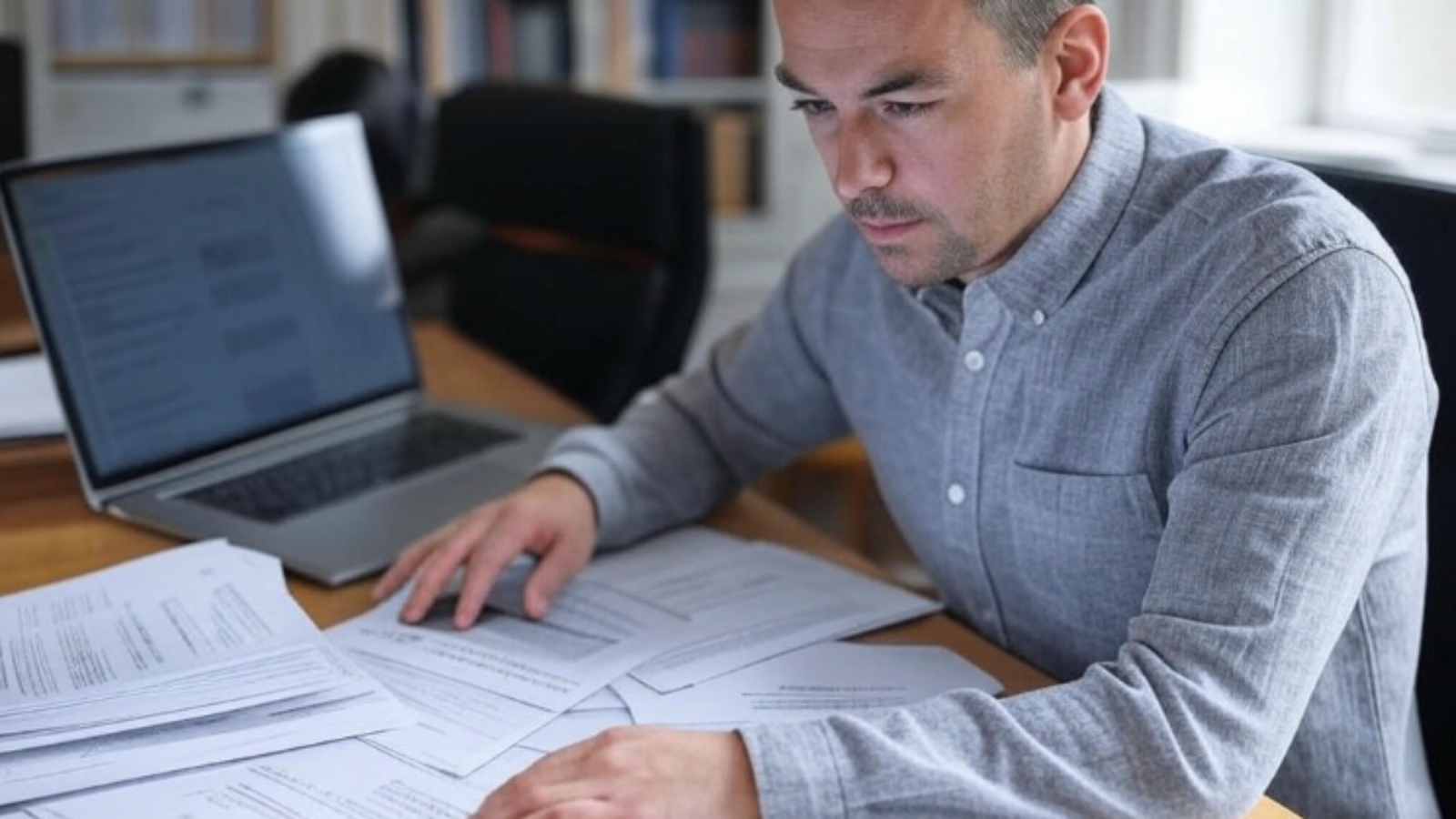Creating a short drama involves significant time, effort, and creativity. Discovering that your work is being used without permission can be frustrating and disheartening. Unauthorized use, such as copying, distribution, or adaptation of your short drama, violates your intellectual property rights. This article outlines practical steps to identify if your short drama is being used without your consent and provides guidance on protecting your work.
Understanding Your Rights
Before diving into detection methods, it’s essential to understand your rights as a creator. When you create a short drama—whether it’s a script, video, or performance—you automatically own the copyright to that work in most jurisdictions, provided it’s original and fixed in a tangible medium (e.g., written or recorded). Copyright grants you exclusive rights to reproduce, distribute, perform, display, or create derivative works from your drama. Unauthorized use by others, such as uploading your video to a platform, screening it without permission, or adapting it into another format, infringes on these rights.
Steps to Detect Unauthorized Use
1. Monitor Online Platforms
Short dramas are often shared on video-sharing platforms, social media, or streaming services. To check for unauthorized use:
- Search for Your Content: Use specific keywords, titles, or unique dialogue from your drama on platforms like YouTube, Vimeo, TikTok, Instagram, or lesser-known streaming sites. For example, search for your drama’s title or a distinctive line of dialogue in quotation marks (e.g., “Your unique dialogue here”).
- Use Reverse Video Search Tools: Tools like Berify or InVID allow you to upload your video or a key frame to search for similar content online. These tools are particularly useful for detecting re-uploaded or slightly modified versions of your drama.
- Set Up Google Alerts: Create Google Alerts for your drama’s title, your name, or unique phrases from your work. You’ll receive notifications when new content matching these terms appears online.
2. Leverage Content Recognition Technology
Many platforms offer content identification tools to help creators detect unauthorized uploads:
- YouTube Content ID: If your drama is uploaded to YouTube, enroll in their Content ID system. This tool scans new uploads against your registered content and flags matches, allowing you to monetize, block, or track unauthorized videos.
- Facebook Rights Manager: Similar to YouTube’s system, Facebook’s Rights Manager helps detect unauthorized use of your video content on Facebook and Instagram.
- Third-Party Services: Services like Audible Magic or Pex provide advanced content recognition for multiple platforms, though they may require a subscription.
3. Check for Plagiarism in Scripts
If your short drama is based on a script, others might copy or adapt your written work without permission.
- Plagiarism Detection Tools: Use tools like Copyscape, Grammarly, or Turnitin to compare your script against online content. These tools can identify similarities in text, even if slightly altered.
- Manual Comparison: If you suspect a specific work copies your script, manually compare the dialogue, plot, or character details. Look for unique elements that are unlikely to be coincidental.
4. Engage Your Audience and Network
Your audience, collaborators, or industry contacts can be invaluable in spotting unauthorized use:
- Encourage Reporting: Ask your viewers or fans to report if they see your drama being used elsewhere without credit. Include a contact email or form on your website or social media.
- Network with Peers: Inform other creators or industry professionals about your work. They may notice unauthorized use in festivals, screenings, or online platforms and alert you.
5. Monitor Film Festivals and Screenings
Unauthorized screenings of your short drama at festivals, local theaters, or events can occur without your knowledge.
- Track Festival Submissions: If you submitted your drama to festivals, keep a record of where it was accepted. Search festival programs or websites for your drama’s title to ensure it’s not being screened elsewhere without permission.
- Contact Organizers: If you suspect unauthorized screenings, contact festival or event organizers to verify whether your work was submitted or screened without your consent.
6. Search for Derivative Works
Others might create adaptations, remakes, or translations of your drama without permission.
- Look for Similar Works: Search for content with similar plots, characters, or themes. For example, if your drama has a unique storyline, search for videos or scripts with comparable elements.
- Check Translation Platforms: If your drama is in a specific language, search for translations or dubbed versions on platforms like Bilibili, Dailymotion, or regional streaming services.
7. Hire Professional Services
If your short drama has significant commercial value or you suspect widespread unauthorized use, consider professional help:
- Copyright Monitoring Services: Companies like MarkMonitor or Red Points specialize in tracking unauthorized use of intellectual property across platforms.
- Legal Assistance: A copyright lawyer can help identify infringements, send cease-and-desist letters, or pursue legal action if necessary.
Proactive Measures to Protect Your Work
While detecting unauthorized use is crucial, taking preventive steps can reduce the risk:
- Register Your Copyright: Officially register your short drama with your country’s copyright office (e.g., the U.S. Copyright Office). Registration provides legal evidence of ownership and strengthens your case in disputes.
- Watermark Your Content: Add visible or invisible watermarks to your videos. Visible watermarks (e.g., your logo or name) deter theft, while invisible watermarks (embedded metadata) can help trace unauthorized copies.
- Include Copyright Notices: Add a copyright notice (e.g., “© 2025 Your Name, All Rights Reserved”) to your video credits, script, or website.
- Use Licensing Agreements: If you share your drama with collaborators, festivals, or platforms, use clear licensing agreements outlining permitted uses.
- Limit Public Access: Avoid sharing high-quality versions of your drama publicly. Use private links or password-protected platforms like Vimeo for sharing with trusted parties.
What to Do If You Find Unauthorized Use
If you confirm that your short drama is being used without permission, take these steps:
- Document Evidence: Take screenshots, save URLs, or download copies of the infringing content. Note dates, platforms, and any identifying details.
- Contact the Infringer: Politely reach out to the individual or entity using your work, requesting they remove it or seek permission. Provide evidence of your ownership.
- File a Takedown Notice: Most platforms have processes for reporting copyright infringement (e.g., DMCA takedown notices on YouTube). Submit a formal complaint with evidence of your ownership and the unauthorized use.
- Seek Legal Advice: If the infringement persists or causes significant harm, consult a lawyer to explore options like cease-and-desist letters or lawsuits.
- Consider Monetization: On some platforms, you can claim revenue from unauthorized uploads instead of removing them, especially if the content is generating views.
Protecting your short drama from unauthorized use requires vigilance, proactive measures, and an understanding of your rights. By regularly monitoring online platforms, leveraging technology, and engaging your network, you can quickly detect and address infringements. Registering your copyright, watermarking your content, and using licensing agreements further safeguard your work. If unauthorized use occurs, document evidence and take swift action through platform complaints or legal channels. By staying informed and proactive, you can ensure your creative work remains under your control and receives the respect it deserves.

